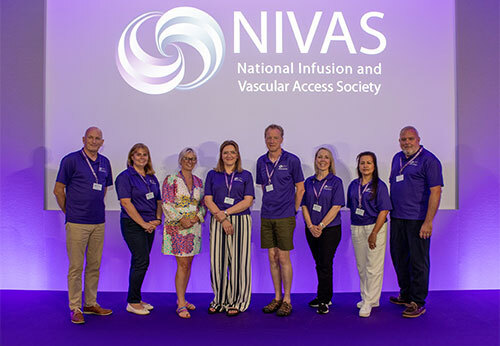PCR based review for patients with suspected bloodstream infection in the ICU – Full Text
"This study evaluates the diagnostic performance and clinical utility of droplet digital PCR (ddPCR) in patients in the ICU with suspected bloodstream infection" Cai et al (2025).









